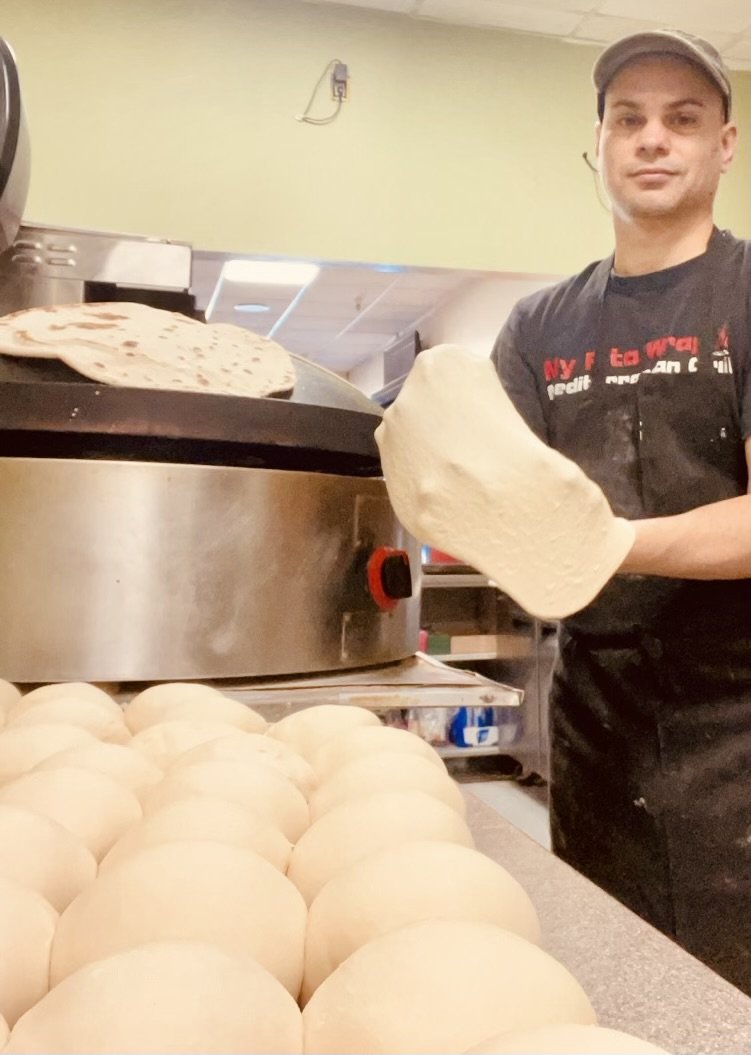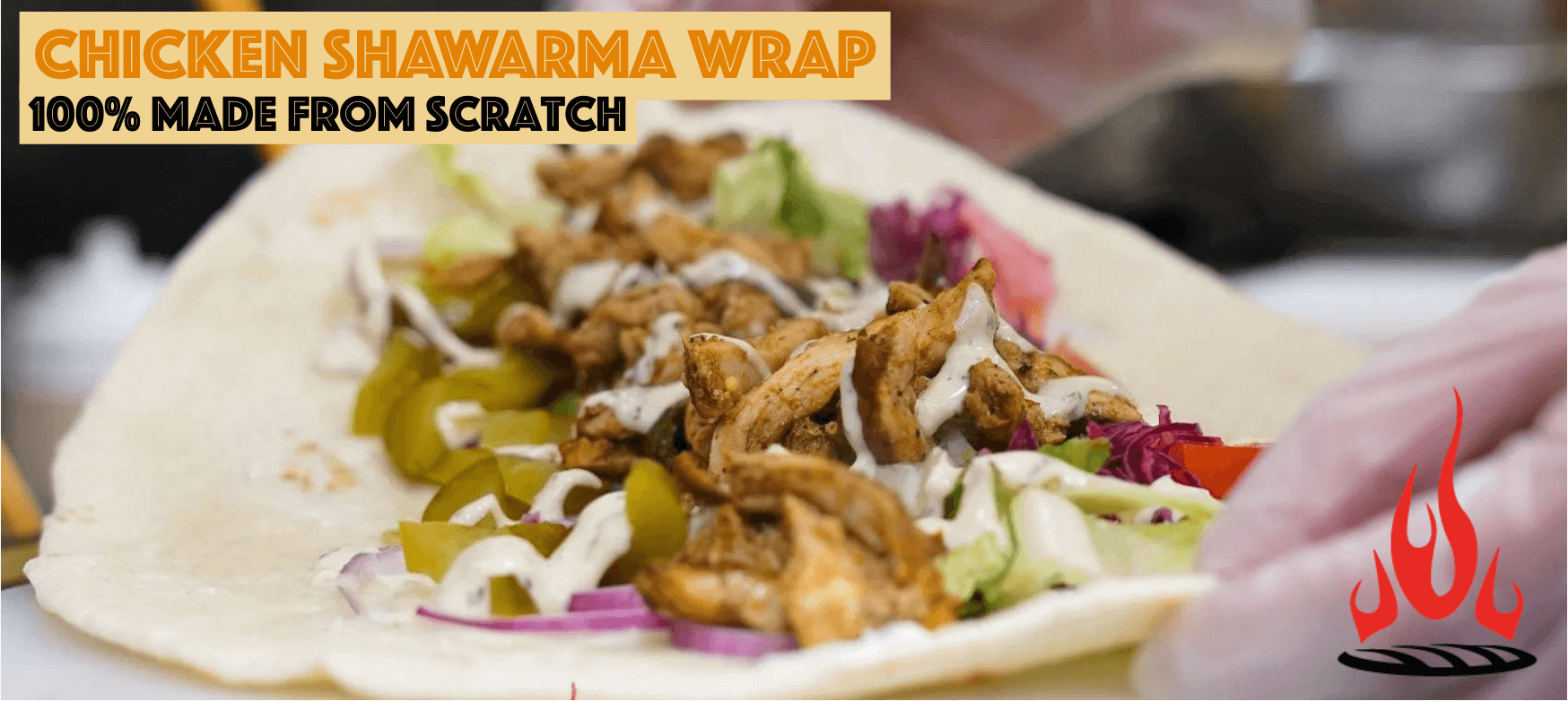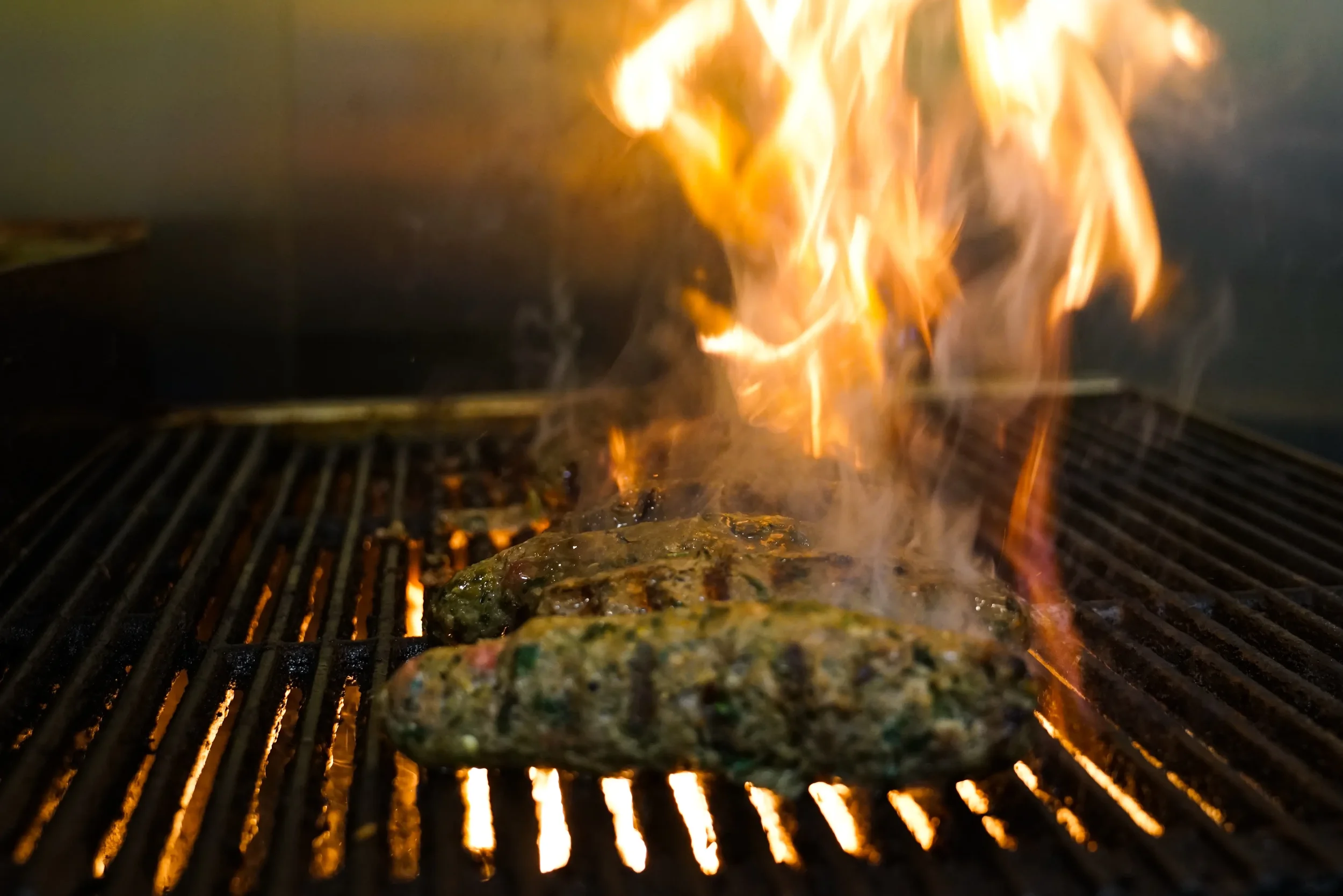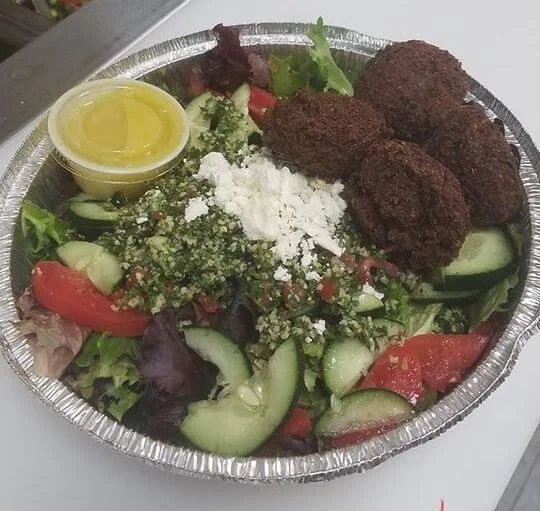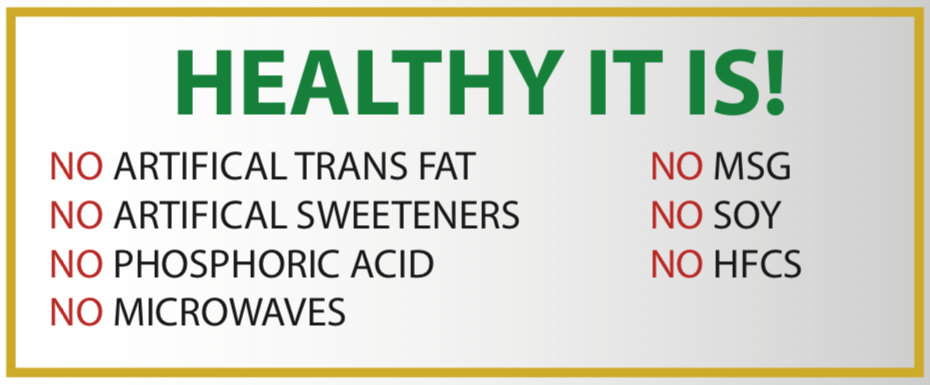We Make Our Saj Bread Fresh Daily
Updated: September 8th 2025
Saj bread—called shrak or markouk in some parts of the Levant—is an unleavened flatbread that has been woven into the daily life of the region for centuries. This delicate and versatile bread is crafted from humble ingredients: flour, water, salt, and sometimes a drizzle of olive oil. [food-(heritage+1)]
Ancient Levant Origins
The culinary story of saj bread traces back to the ancient civilizations of the Levant, including Phoenicians, Canaanites, Hittites, and others, who established grain-based diets and flatbread traditions that endure today. The bread's straightforward recipe and rapid cooking method on a domed metal griddle (the saj) made it ideal for nomads and farmers, forming a staple of Levantine life from Syria to Lebanon and Palestine. [wikipedia+2]
Traditional Preparation
The process of making saj bread is a living tradition passed from generation to generation throughout villages and cities of the Levant. In Lebanon, for example, saj bread—thin, almost translucent—remains an everyday choice for wraps and meze spreads. Rural cooperatives led by women prepare and sell saj bread, ensuring the preservation of this art form and supporting local economies. [food-heritage]
The dough is mixed and kneaded until smooth, then shaped into balls and rolled thin before baking on the sizzling saj. This bread cooks in seconds, developing a chewy, flexible texture with a golden hue—perfect for wrapping around cheese, fresh vegetables, spiced meats, or classic dips like hummus, baba ganoush, and labneh. [hashems+2]
Cultural and Culinary Significance
Saj bread's lasting popularity is rooted in its healthfulness—being light and lower in calories—and its versatility as both a standalone food and an accompaniment to Levantine cuisine. It stands apart thanks to its method of baking on the saj, a practice unique to the Levant and neighboring Arab regions. In urban homes and bustling markets of Beirut, Damascus, and Ramallah, saj forms the backbone of countless meals, cherished for its simplicity and flavor. [mypitawrap+2]
The Saj at My Pita Wrap
At My Pita Wrap in Flagstaff, the saj griddle is the heart of our morning bread-making. Our team crafts saj fresh daily to feature in wraps and to accompany the spreads and salads beloved in Levantine meals. By honoring this tradition learned from our families, we connect the heritage of the Levant to our guests, continuing a legacy that enriches every bite.
Conclusion
Saj bread represents the essence of Levantine culinary heritage—simple, wholesome, and adaptable. Whether eaten plain, folded around vibrant fillings, or shared alongside dips in a mezze, saj remains a timeless symbol of the Levant’s enduring food traditions.wikipedia+3
https://www.garynabhan.com/news/2011/06/the-levantine-connection-to-the-southwests-flour-tortilla/
https://food-heritage.org/saj-an-essential-and-authentic-lebanese-flatbread/
https://www.sciencedirect.com/science/article/pii/S235261811830009X

